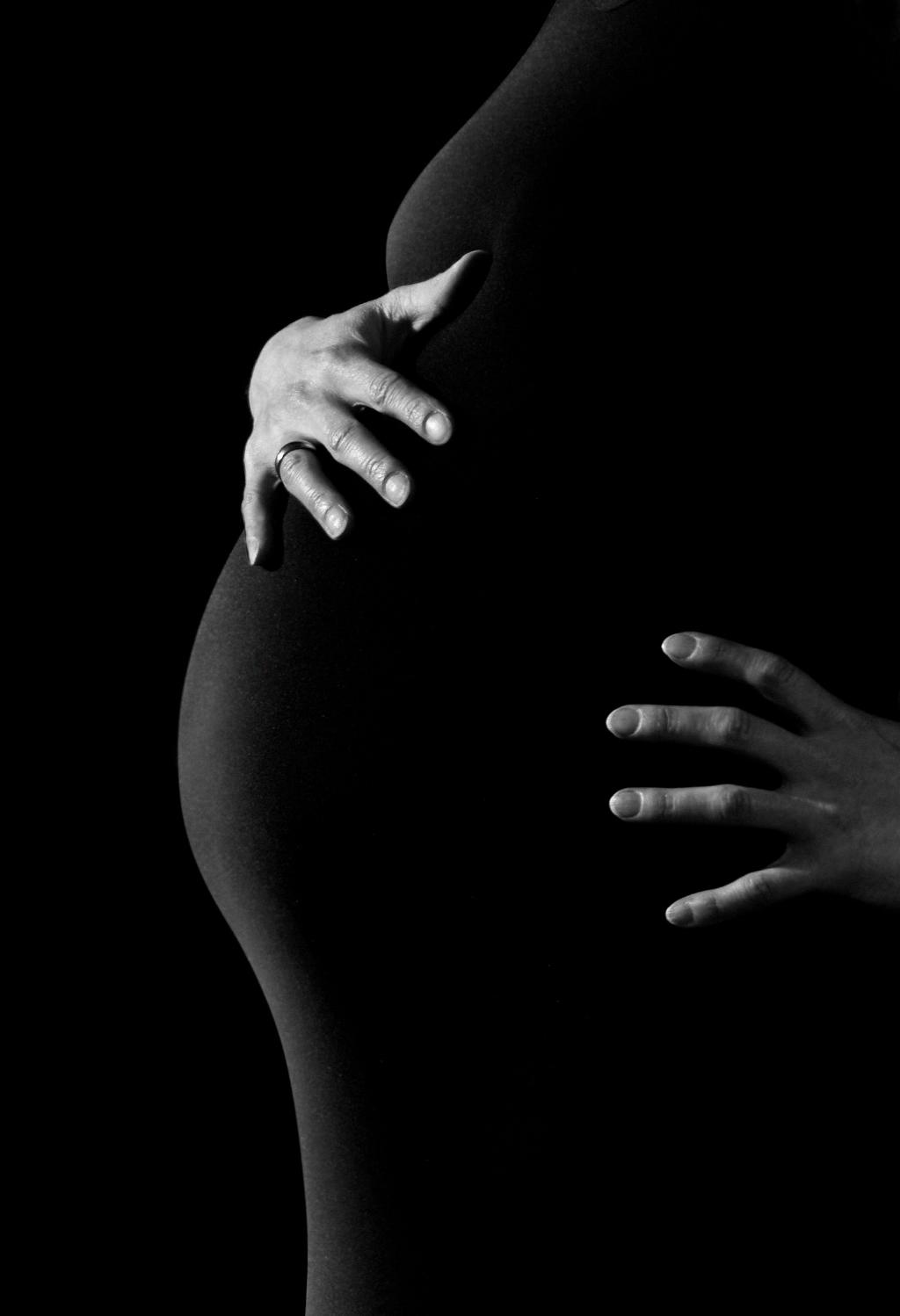Being 9 weeks pregnant can be an exciting time as you move through the early stages of pregnancy. It’s important to remember that each pregnancy is unique, and the experience can vary greatly from one person to another. While some individuals may start experiencing symptoms like morning sickness, fatigue, and mood swings around this time, others may not feel pregnant at all.
The Influence of Hormones on Symptoms
During pregnancy, your body undergoes significant hormonal changes that can affect how you feel physically and emotionally. The levels of hormones like estrogen and progesterone rise rapidly, and these fluctuations can contribute to common pregnancy symptoms. However, the way your body reacts to these hormonal changes is individual, which is why some people may not experience typical pregnancy symptoms at 9 weeks.
Variability in Symptom Presentation
While nausea and fatigue are often considered hallmark symptoms of early pregnancy, not everyone will necessarily experience them. Some individuals may have a relatively smooth first trimester with minimal discomfort, which is perfectly normal. It’s essential to remember that the absence of symptoms does not necessarily indicate a problem with the pregnancy.
Physical Fitness and Pregnancy
Factors such as pre-pregnancy fitness level can also play a role in how you feel during pregnancy. Individuals who were physically active before becoming pregnant may find that they have more energy and fewer physical complaints than those who were less active. Regular exercise can help support overall well-being during pregnancy and may influence how you perceive symptoms.
Emotional Responses to Pregnancy
Feeling disconnected from your pregnancy at 9 weeks can also be influenced by your emotional state. It’s normal to have mixed emotions or even doubts about the changes ahead, especially if this is your first pregnancy. Some individuals may not feel pregnant because they are still processing the idea of becoming a parent and adjusting to the new reality.
Stress and Pregnancy Symptoms
Stress and anxiety can impact how you perceive physical symptoms during pregnancy. If you are under a significant amount of stress, your body’s response to hormonal changes may be altered. This can manifest as a reduced intensity of typical pregnancy symptoms or a sense of detachment from the pregnancy experience.
Consulting with Your Healthcare Provider
If you are concerned about not feeling pregnant at 9 weeks, it’s essential to discuss your feelings and experiences with your healthcare provider. They can provide reassurance, guidance, and perform any necessary assessments to ensure that your pregnancy is developing as expected. Open communication with your healthcare team is key to addressing any concerns you may have.
Monitoring Fetal Development
While physical symptoms can provide some reassurance of pregnancy progression, they are not the only indicators of a healthy pregnancy. Ultrasounds and prenatal appointments are essential for monitoring fetal growth and development. Even if you don’t feel pregnant, these medical assessments can offer valuable insights into the well-being of your baby.
Seeking Support from Loved Ones
Feeling detached from your pregnancy can be a challenging experience, especially if you expected to feel a certain way. It’s important to share your thoughts and emotions with your partner, family members, or friends who can offer support and understanding. Talking openly about your feelings can help alleviate any concerns you may have.
Embracing the Moments of Pregnancy
Remember that pregnancy is a journey filled with ups and downs, and your experience may not always align with what you expected. Embracing the unique aspects of your pregnancy, whether they include typical symptoms or a lack thereof, can help you appreciate the transformative process of becoming a parent. Every pregnancy is valid and beautiful in its individual way.
Remaining Patient and Mindful
As your pregnancy progresses, it’s important to remain patient with yourself and your body. Trust that your pregnancy is unfolding according to its unique path, and focus on self-care and maintaining a positive mindset. Listening to your body’s needs and practicing mindfulness can help you navigate this special time with grace and acceptance.
Conclusion
In conclusion, not feeling pregnant at 9 weeks is a valid experience that many individuals may encounter during their pregnancy journey. Various factors, including hormonal fluctuations, emotional responses, physical fitness, and stress levels, can influence how you perceive pregnancy symptoms. Remember to communicate openly with your healthcare provider, seek support from loved ones, and embrace the moments of pregnancy, regardless of how you feel physically. Trust in the process and the incredible transformation taking place within you.

